Cancer is the second leading cause of death in the world. In the early stages, when the tumor is still localized in one location, there is a greater chance of treatment. Therefore, recognizing the early warning signs is extremely important.
Cancer is a malignant disease of cells. When stimulated by carcinogenic agents, cells proliferate indefinitely and disorganized, not following the body's growth control mechanisms.
 |
| Illustration photo. |
Most cancers form tumors. Unlike benign tumors that grow slowly in place and have a surrounding capsule, malignant tumors (cancer) invade surrounding healthy tissues, resembling a “crab” with its claws clinging to healthy tissues in the body or like tree roots spreading in the soil.
Malignant tumor cells have the ability to metastasize to lymph nodes or distant organs, forming new tumors and eventually leading to death. Along with distant metastasis, the nature of cancer often recurs, making treatment difficult and negatively affecting the prognosis.
With the advancement of modern medicine, many types of cancer have been treated. However, the symptoms of cancer in the early stages are often vague or asymptomatic, causing many patients to miss the best treatment time. Therefore, recognizing the early warning signs of cancer is very important.
Each type of cancer will have a different set of symptoms. Some symptoms develop early in the cancer's course, such as a painless lump in the breast.
But other symptoms, such as weight loss or fever, often only appear after the tumor has advanced. Some cancers, such as pancreatic cancer, may have no symptoms in the early stages.
Doctors at the 108 Military Central Hospital have provided early warning signs that people should pay attention to. Accordingly, the following signs are not necessarily caused by cancer but should not be ignored:
Losing weight
Unexplained weight loss can be caused by other health conditions, such as hyperthyroidism, depression, or digestive problems. But the difference is that cancer often causes sudden weight loss. According to the American Cancer Society (ACS), many people lose 10 pounds or more before being diagnosed with cancer.
Weight loss is most common in cancer: esophageal, lung, pancreatic, stomach cancer. Cancer also changes metabolism causing loss of appetite and feeling less hungry.
Persistent, prolonged fever
Fever is the body's response to infection or illness, and is often a common symptom of a respiratory infection. However, fever can be a warning sign of cancer if:
Persistent fever. Fever occurs mainly at night. No other signs of infection or persistent infection. Night sweats.
Fever is rarely an early symptom of cancer, usually occurring when the cancer has spread or is at an advanced stage. However, it can be an early symptom in people with blood cancers (lymphoma, leukemia, or lymphoma).
Abnormal bleeding
Some cancers can cause bleeding. For example, colorectal cancer can cause blood in the stool; kidney or bladder cancer can cause blood in the urine. Sometimes blood loss can be harder to detect if it is internal bleeding, such as with stomach cancer.
Bright red blood is usually from the rectum or colon, while darker blood may be from a more distant location such as the esophagus or stomach.
Many other conditions, such as peptic ulcers, hemorrhoids, or infections, can also cause bloody stools; infections, kidney stones, or kidney disease can also cause blood in the urine. But whatever the cause, it needs to be treated promptly.
Tired and sore
Fatigue that is so debilitating that it doesn't go away with rest can be an early sign of cancer.
Cancer cells proliferate rapidly, without the function they should have, but still use nutrients. They take up a large amount of nutrients, thus making the body always in a state of extreme fatigue. Fatigue is also the most prominent feature of leukemia.
In addition, cancer can cause pain in many different ways, the main cause of which is due to the tumor growing and causing compression or metastasis from the original location. For example, back pain can be caused by colon cancer, prostate cancer, ovarian cancer or rectal cancer.
Persistent cough or hoarseness
Coughing is a reaction of the body when infected with viruses, allergies or dust.
But a persistent cough can be a sign of lung cancer, along with other signs such as coughing up blood, chest pain, weight loss, fatigue and shortness of breath. A persistent cough is also sometimes a symptom of thyroid cancer.
Skin changes
Skin changes are often associated with skin cancer and are sometimes a sign of other cancers. For example, white patches in the mouth can be a sign of oral cancer; yellowing of the skin and eyes can be a sign of liver cancer.
Skin cancer can cause changes in the skin such as: Increased pigmentation or dark spots. Moles on the skin that grow larger, possibly larger than a pencil eraser. Moles that are inconsistent in color, both black and brown.
Asymmetrical or jagged edges. Skin ulcers that do not go away or heal but recur. Jaundice
Changes in bust
A lump in the breast is a typical symptom of breast cancer, but not all lumps are cancerous, they can be cysts or benign tumors.
However, see your doctor if you notice any changes or new growths in your breast, including: A lump that can be felt.
Breast skin is swollen, red, scaly, and rough. Breast pain. Lumps under the armpit. Breast discharge or bleeding.
Abnormal digestive function
Some cancers can lead to digestive problems, such as difficulty swallowing, changes in appetite, or pain after eating.
Difficulty swallowing or a feeling of food getting stuck in the throat that lasts more than two weeks can be a sign of cancer of the nasopharynx, lung or esophagus.
Gastrointestinal cancers (stomach, duodenum, colon, rectum) can cause symptoms such as indigestion, nausea, vomiting, and bloating. These symptoms are often easily confused with common digestive diseases.
Ovarian cancer can also cause bloating; while brain cancer causes nausea and vomiting.
In addition, according to doctors, some types of cancer develop silently, without any symptoms or warning signs until it reaches the final stage, such as pancreatic cancer. In some cases, lung cancer does not cause a cough but only causes a few unnoticeable signs.
Early-stage kidney cancer often causes no symptoms. As the tumor gets larger or progresses, symptoms such as pain on one side, blood in the urine, or fatigue may occur.
When there are any of these abnormal signs, regular health check-ups and cancer screening are the best ways to detect and treat cancer early when the tumor is still localized, improving the effectiveness of treatment.
Source: https://baodautu.vn/nhung-dau-hieu-canh-bao-ung-thu-som-d218652.html




![[Photo] Prime Minister Pham Minh Chinh commends forces supporting Myanmar in overcoming earthquake consequences](https://vstatic.vietnam.vn/vietnam/resource/IMAGE/2025/4/10/e844656d18bd433f913182fbc2f35ec2)

![[Photo] April Festival in Can Tho City](https://vstatic.vietnam.vn/vietnam/resource/IMAGE/2025/4/10/bf5ae82870e648fabfbcc93a25b481ea)
![[Photo] Opening of the 11th Conference of the 13th Party Central Committee](https://vstatic.vietnam.vn/vietnam/resource/IMAGE/2025/4/10/f9e717b67de343d7b687cb419c0829a2)
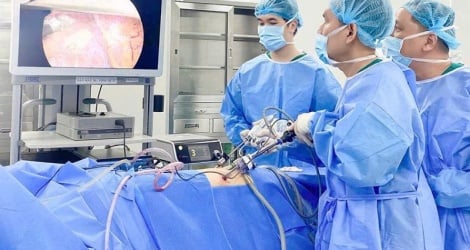
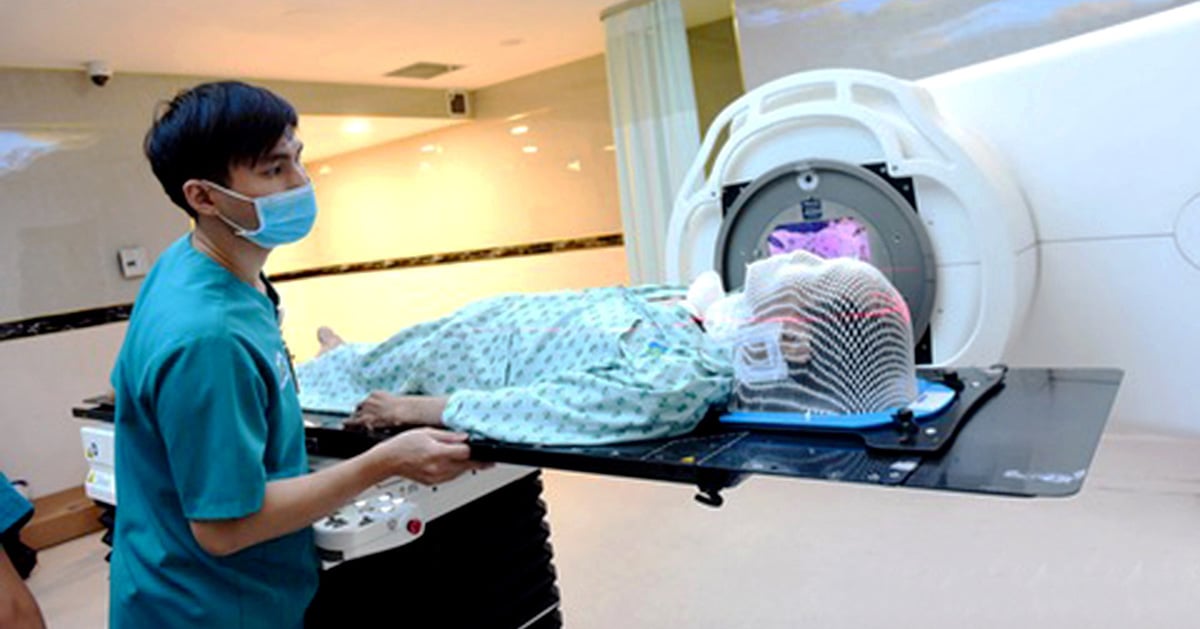


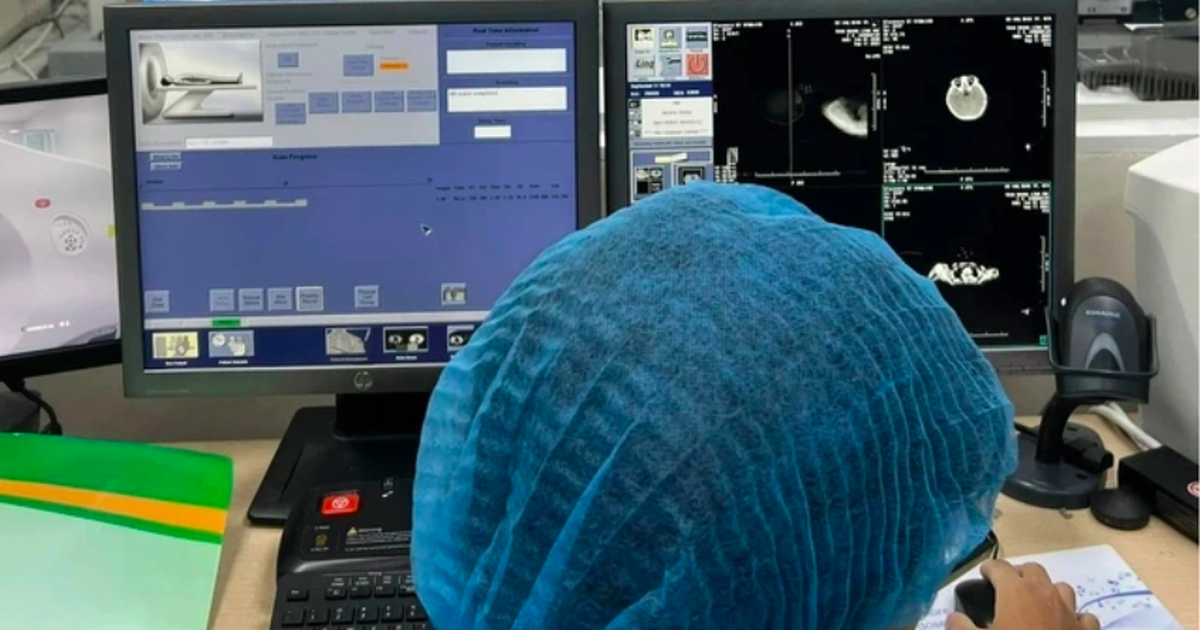

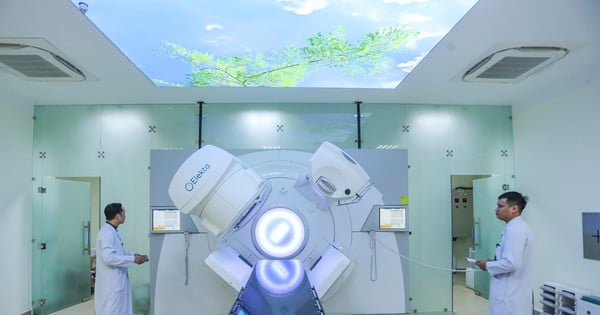



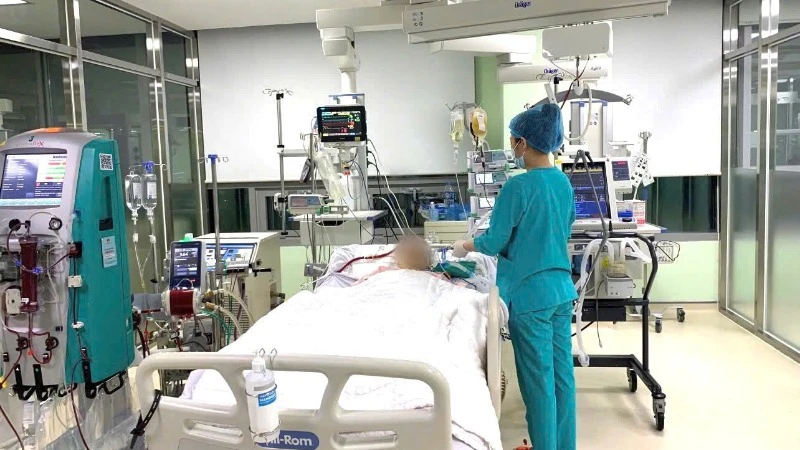











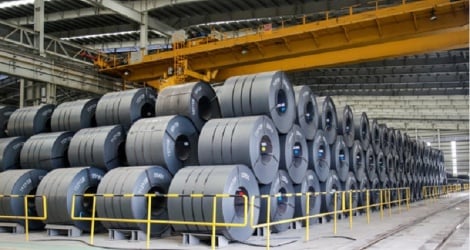

![[Photo] Reliving the heroic memories of the nation in the program "Hanoi - Will and belief in victory"](https://vstatic.vietnam.vn/vietnam/resource/IMAGE/2025/4/10/19ce7bfadf0a4a9d8e892f36f288e221)

















































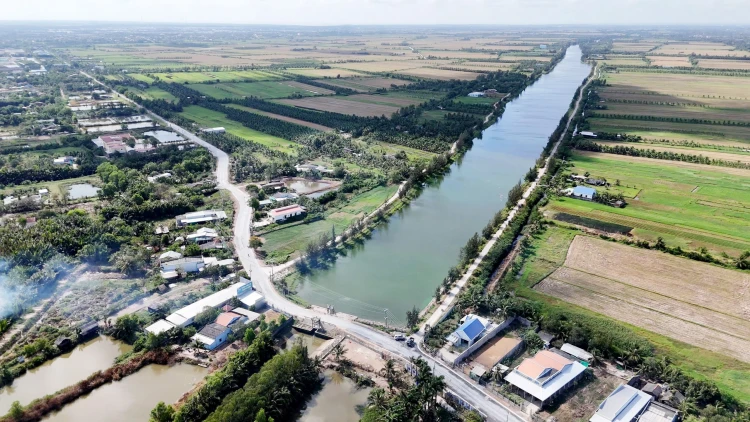









Comment (0)